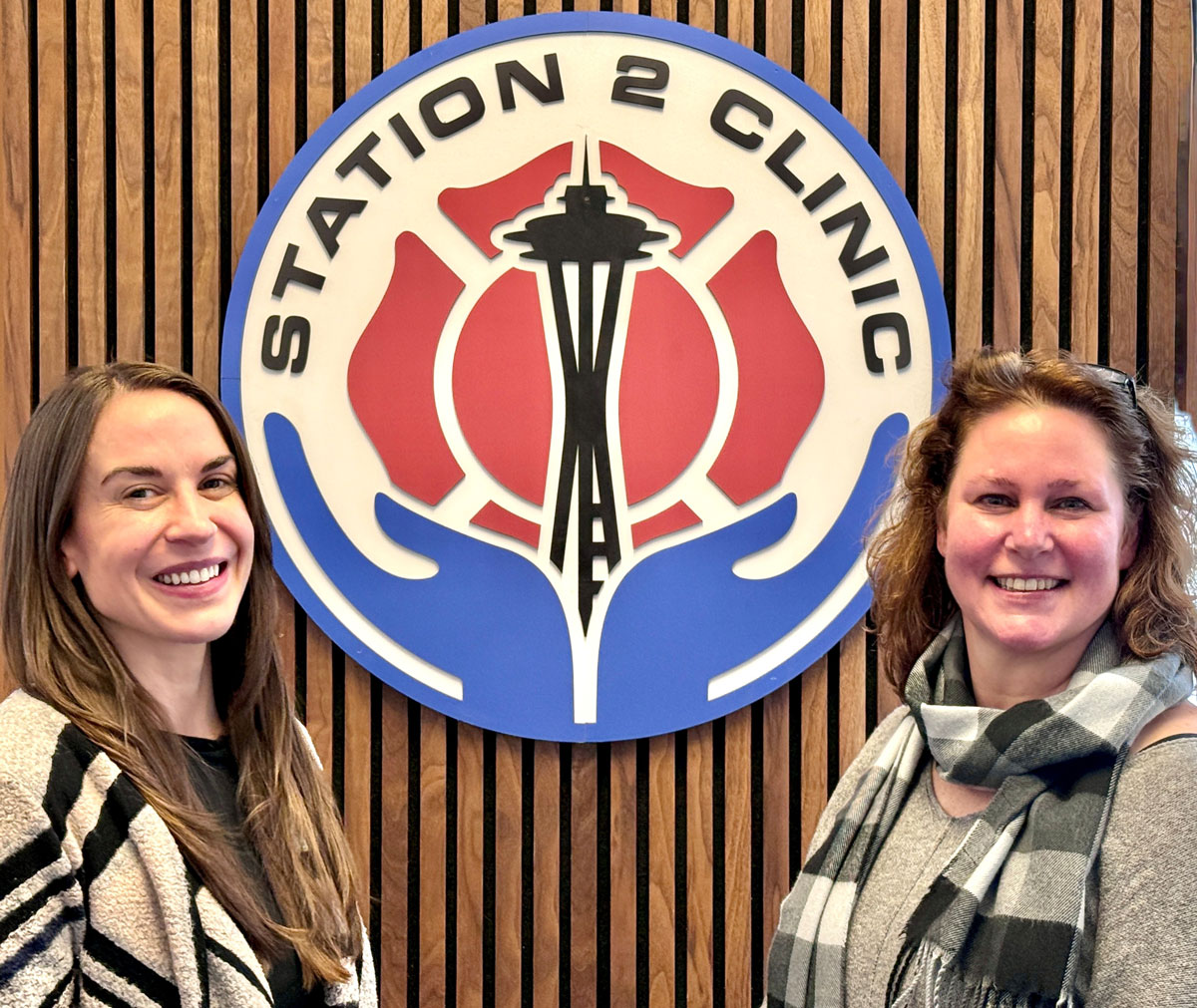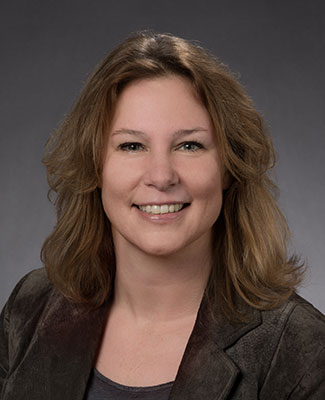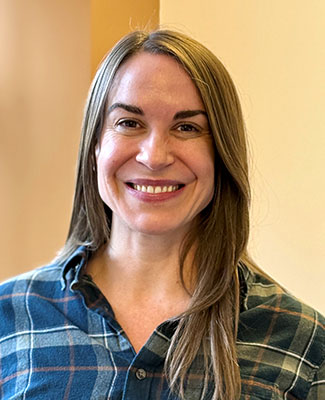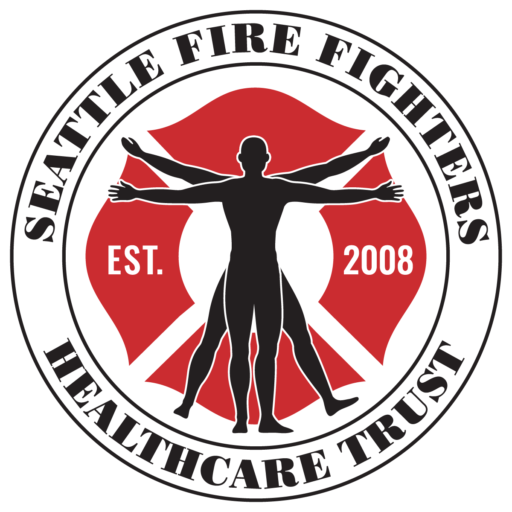
Meet Your New Station 2 Clinic Mental Health Providers
The Station 2 Clinic is focused on meeting the unique physical, mental, and emotional healthcare needs of Local 27 fire fighters. We are excited to introduce two new members of our growing team of healthcare professionals: Laura Takacs and Jamie Epting.
Laura Takacs, LICSW, MPH
Program Director, Mental Health Program
Areas of Specialization: Adult trauma, loss, and grief
Training: University of Washington
Originally from Michigan, Laura relocated to Seattle in 1998 after working in the Peace Corps in Russia. She loves the outdoor access that Seattle provides and enjoys hiking in the mountains, relaxing on a ferry ride, and snowboarding. Laura also enjoys exercising, spending time with family and friends, traveling, and cooking, which she describes as “a great way to relieve stress.” A fun fact about Laura: She grew up on a farm—before she got a pony, she rode cows to develop her riding skills.

What do you enjoy most about working with clients?
What I value most about my work with clients is the change in self-perception many of them experience as they process their traumatic experiences, along with the compassion they often develop for themselves and others. Dealing with trauma, especially trauma caused by other people, and cultivating compassion for yourself and others can dissipate toxic negative emotions and energy, such as anger, resentment, jealousy, and guilt. Letting go of negative emotions that hold us back opens the door to the joys of the present moment, allowing us to participate more fully in the lives we want to lead.
These moments remind me of why I enjoy my work. We all learn by example. Seeing others let go of their negative emotions and energy inspires me to do the same. Witnessing their resilience enhances my own resilience. I go home with a deeper appreciation for and compassion toward the loved ones in my life.
What can patients expect when they visit you?
My patients can expect a number of things from me, including a genuine desire to understand their experiences, compassion, curiosity, flexibility, confidentiality, and a non-judgmental approach.
I hope that my clients are ready to do the often hard work of allowing themselves to feel the full range of human emotions that we all experience. The people in the fire fighting community are incredibly brave—their job demands that. Allowing yourself to feel and acknowledge whatever comes up in therapy is a different kind of bravery, a different kind of strength. You need to be curious about yourself, willing to ask yourself why you do the things you do, and explore the answers.
I also want clients to understand that at the Station 2 Clinic, we typically see fire fighters for 8 to 12 sessions, and we can achieve significant progress in that time! Furthermore, their journey does not have to end with our sessions. We maintain a robust network of vetted community providers with whom they can continue their therapy if they wish to do so.
What is the one thing you want your patients to focus on this year?
Finding peace. I want them to remember that there’s more to their lives than the trauma and tragedy they are constantly exposed to. The other parts of their lives can be peaceful, bring joy and contentment, and help them maintain their humanity. We all need to remember that the attitudes and behaviors we model have a significant impact on those around us. The world around us is better when we’re mindful of what we want to leave behind for our loved ones, the community, and the fire service.
Jamie R. Epting, MA, LMHC
Mental Health Therapist
Areas of Specialization: Families & Relationships, Trauma Integration /PTSD
Training: University of Washington
Born and raised in Seattle, Jamie enjoys spending time with family and friends, running, hiking, practicing yoga, writing, learning, playing games, and solving puzzles. A fun fact to know about Jamie: she can make musical sounds with her hands.

What do you enjoy most about working with clients?
Creating a space where individuals feel safe and seen in their healing journey is something I deeply value. What continues to fascinate me is how, regardless of our backgrounds, upbringings, or life experiences, there’s always a common thread that connects us all. I feel truly grateful to walk alongside people in their most vulnerable moments because I believe that’s where real strength lies. Teaching is also an integral part of my practice; I believe that access to the correct information can spark transformative growth. Professional love is very real to me—rooted in compassion—and when I get to share that with others who are dedicated to their development, it feels like one of the most meaningful parts of my work.
What can clients expect when they visit you?
You can expect to be asked many questions, always through a lens of genuine curiosity and care. For fire fighters in their high-intensity roles, this can feel different or even uncomfortable at first. But asking the right questions is a vital part of therapy. It helps us understand how you think, learn, and solve problems.
Discomfort may arise from time to time, but alongside it, you can also expect moments of relief and a deeper understanding of yourself. Processing and integrating difficult experiences is something we do as humans every day, and therapy is a space where that process can be supported in a healthier, more intentional way. In a trusted therapeutic relationship with me, you will be gently challenged in areas where I see potential for growth, and I will hold you accountable for the goals you set. That’s what therapy should be about: setting meaningful goals, creating a plan to reach them, following through, and giving yourself credit when progress is made—because that’s real, hard work, and it deserves to be honored. I also love to teach, so you can expect to learn more about your nervous system and how your body processes information. That knowledge can be a powerful tool in your healing and growth.
What is the one thing you want your clients to focus on this year?
Without a doubt, it is self-compassion. It might sound foreign or even a little “woo-woo” at first. Many of us weren’t taught how to practice self-compassion, and some were even taught it’s selfish or weak. But science says otherwise. Research consistently shows that one of the strongest predictors of our overall well-being is how we treat ourselves, especially in moments of struggle. Studies link self-compassion to lower rates of anxiety and depression, greater emotional resilience, stronger motivation, and healthier relationships. And it’s not about letting yourself off the hook; it’s about holding yourself with care while still being accountable and growth-oriented.
One thing I’ve learned—and never doubted—about fire fighters is that most of them carry a profound capacity for compassion toward others. That’s a strength. But when the job pulls so heavily on that resource, and there’s none left for yourself, it becomes a problem. You’re left with fewer internal reserves to care for your own needs, relationships, and long-term health.
What’s especially powerful is that self-compassion literally shifts how your brain and body respond to stress. Instead of staying stuck in threat mode, you activate your caregiving system, which releases calming, regulating neurochemicals, such as oxytocin, and reduces cortisol levels. That means a lower mental load, stronger boundaries, better decision-making, and a more profound sense of presence in your life. I encourage you to check out the research for yourself!
